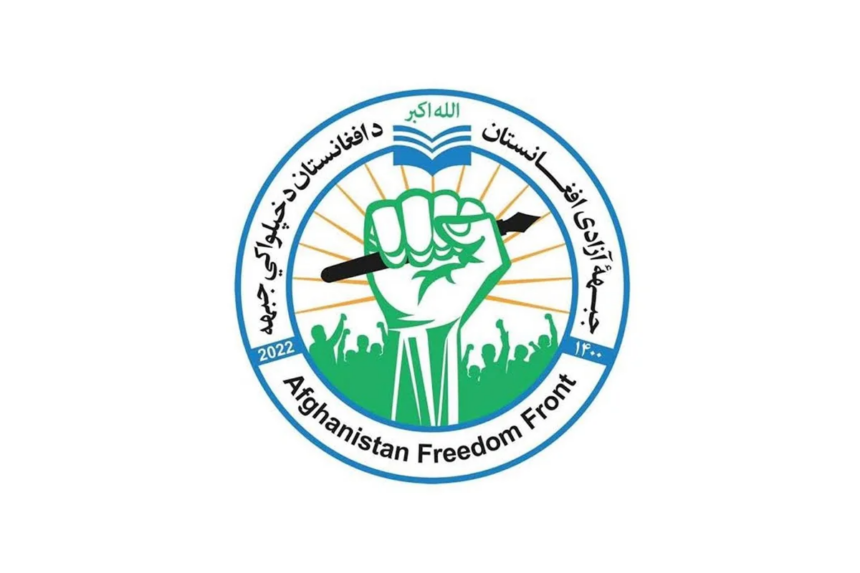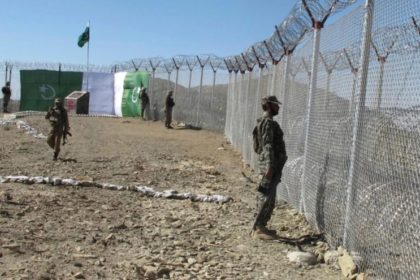RASC News Agency: The Afghanistan Freedom Front (AFF) has issued a forceful rebuttal to the latest quarterly report from the United Nations Assistance Mission in Afghanistan (UNAMA), which alleged civilian casualties resulting from an AFF operation in Baghlan province. In a formal statement, the group condemned the report as “baseless, inaccurate, and reflective of a failure to conduct proper fact-checking and impartial investigation.” UNAMA’s report, covering human rights developments in the first quarter of 2025, stated that on January 18th, a grenade attack in Pul-e-Khumri, the provincial capital of Baghlan, resulted in the death of one civilian and injuries to eighteen others. The incident was reportedly linked to anti-Taliban armed resistance elements, including the AFF.
The Afghanistan Freedom Front, however, categorically rejected this characterization, insisting that the operation was a targeted strike against a convoy operated by the Taliban’s General Directorate of Intelligence (GDI), and not an attack on civilians. According to AFF, the blast resulted in the deaths of four Taliban intelligence personnel and injuries to two others, with no civilian casualties reported. In its statement, the AFF sharply criticized UNAMA for what it described as a serious breach of professional and ethical reporting standards. The group accused the UN agency of disseminating unverified information without cross-checking with independent sources, and of publishing its allegations without affording AFF the opportunity to respond. The statement emphasized that such actions undermine the credibility of the UN’s human rights apparatus and violate key principles established by the Office of the United Nations High Commissioner for Human Rights (OHCHR).
“The report not only fails to reflect the operational realities on the ground but also compromises the integrity of international human rights documentation,” the AFF asserted. “By disregarding the necessity of independent verification and the right to reply, UNAMA has deviated from the foundational standards of impartial reporting.” The AFF has formally urged UNAMA to review and revise the report, incorporating the group’s official statement and adjusting its findings to reflect the documented facts of the incident. The resistance group called on the international community and media watchdogs to hold UNAMA accountable for ensuring methodological accuracy and neutrality in its reporting.
This controversy has once again drawn attention to the pervasive challenges of truth-telling and information dissemination in Taliban-controlled Afghanistan. Media analysts and human rights advocates warn that the country’s increasingly repressive environment marked by sweeping censorship, suppression of independent journalism, and the monopolization of narrative by the Taliban regime has created fertile ground for misinformation, distortion, and propaganda. In such a tightly controlled media landscape, the absence of independent reporting mechanisms and restricted access to reliable information sources have rendered many critical incidents opaque. As a result, narratives surrounding attacks, casualties, and accountability are often contested, with limited avenues for objective verification.
Given these circumstances, the burden on international institutions such as UNAMA to uphold rigorous standards of documentation is heavier than ever. When reports are released without sufficient transparency or balance, they risk not only misrepresenting complex realities on the ground but also inadvertently enabling the authoritarian regime’s narrative while discrediting legitimate resistance voices striving to reclaim Afghanistan’s freedom.






